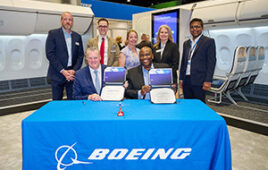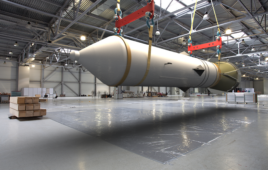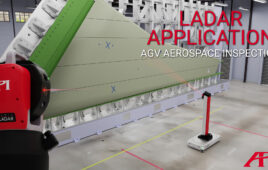Indeed, standard materials compatibility testing – the “dip and dunk” process of emerging components in lubricants to analyze how their properties may respond over time – are no longer robust given today’s advanced powertrains and transmissions that pack smaller spaces with electric motors and multiple gear packs and clutches. New axle technology – the result of rising consumer preferences for all wheel drive vehicles – also present harsh new material challenges.
Test protocols have not kept pace with advances in elastomeric technology and increased industry durability standards, Walker noted. And because they rely upon the use of factory-spec fluids, they may not accurately capture the real environmental challenges that critical sealing components face once exposed to the oils and coolants consumers routinely use in their vehicles. To further complicate the vehicle environment in which materials function today, alternate fuels such ethanol, methanol and compressed natural gas bring their own unique set of sealing requirements to the equation.
The 2013 SAE World Congress theme is “Achieving Efficiency.” Efficiency is essential to the success of the next generation of automobiles, the organization said. Understanding material compatibility issues, Walker and Sundararaman said, will play a critical role in achieving this efficiency. To learn more, please go to sae.org/congress.
Freudenberg-NOK Sealing Technologies
www.freudenberg-nok.com
Filed Under: Aerospace + defense, Automotive, Seals • O rings, Materials • advanced, Seals





Tell Us What You Think!